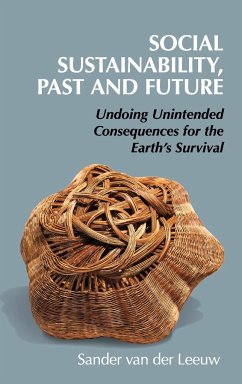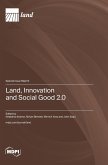Sander van der Leeuw is Foundation Professor in the Schools of Sustainability and Human Evolution and Social Change at Arizona State University. Trained as an archaeologist and historian, he specializes in long-term interactions between humans and their environments and pioneering the application of the Complex Adaptive Systems approach to socio-environmental challenges, technology, and innovation. Van der Leeuw is the author and editor of eighteen books. In 2012, he was awarded the prize for 'Champion of the Earth for Science and Innovation' by the United Nations Environment Program.
1. How this book came about, what it is, and what it is not
2. Defining the challenge
3. Science and society
4. Transdisciplinary pro and contra
5. The importance of a long-term perspective
6. Looking forward into the future
7. The complex (adaptive) systems approach
8. Human socio-environmental coevolution
9. Social systems as dissipative flow structures
10. Solutions always cause problems
11. Transitions in the organization of societies
12. Novelty, invention, change
13. The invention process and its implications for societal information processing
14. Modeling socio-environmental transitions
15. Rise of the West as a global flow structure
16. Are we reaching a global societal tipping point?
17. Not an ordinary tipping point
18. Our fragmenting world
19. Is there a way out?
20. Green growth
21. Conclusion.









